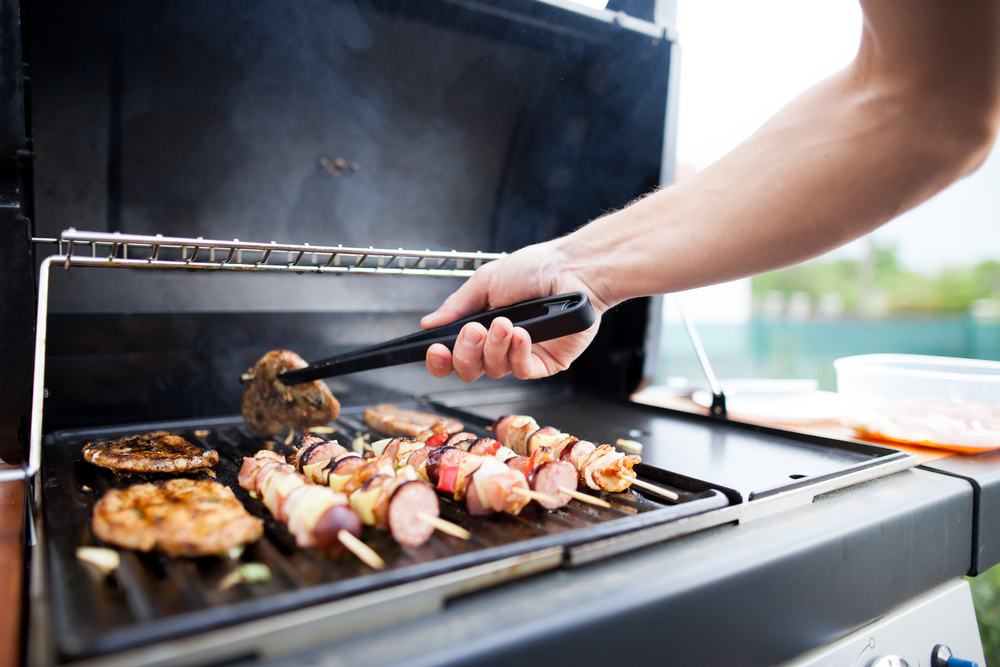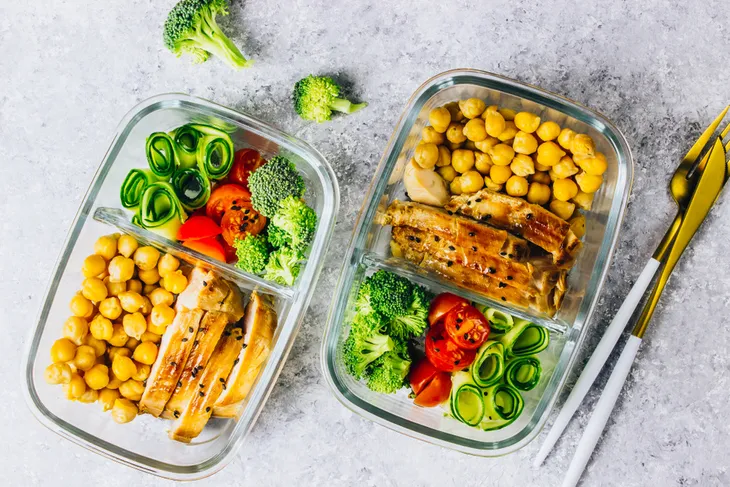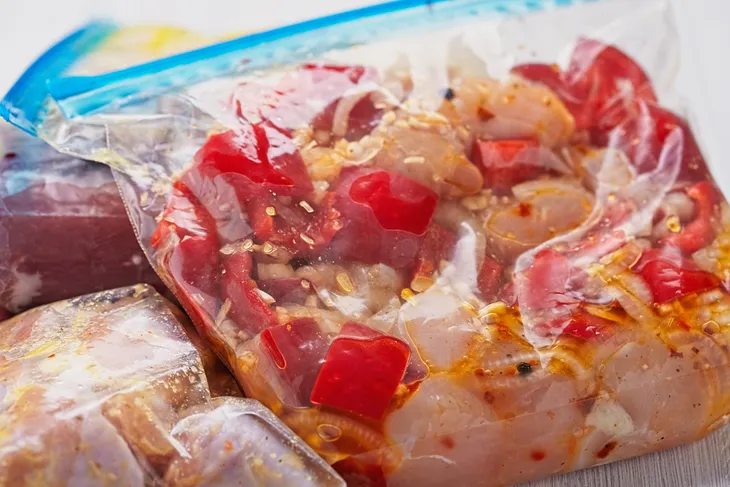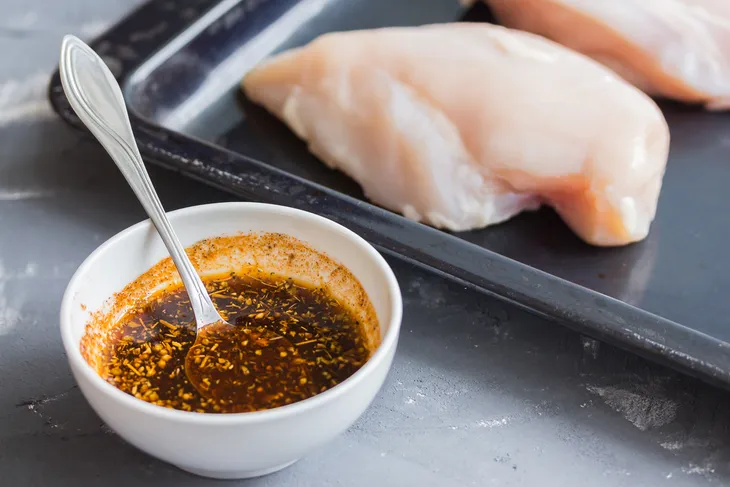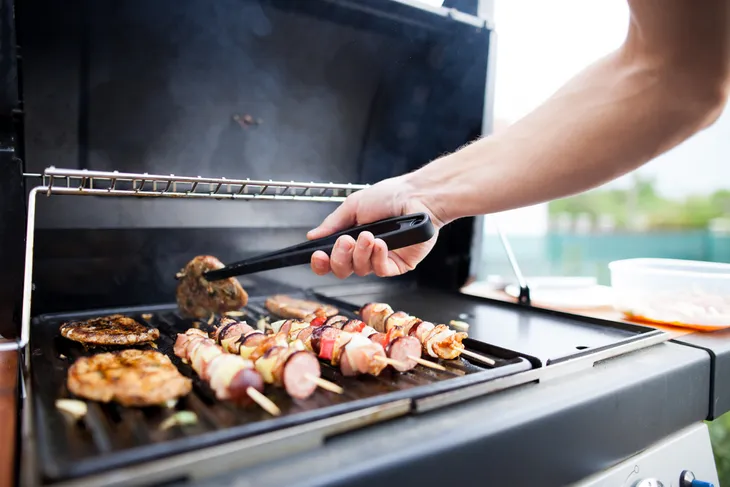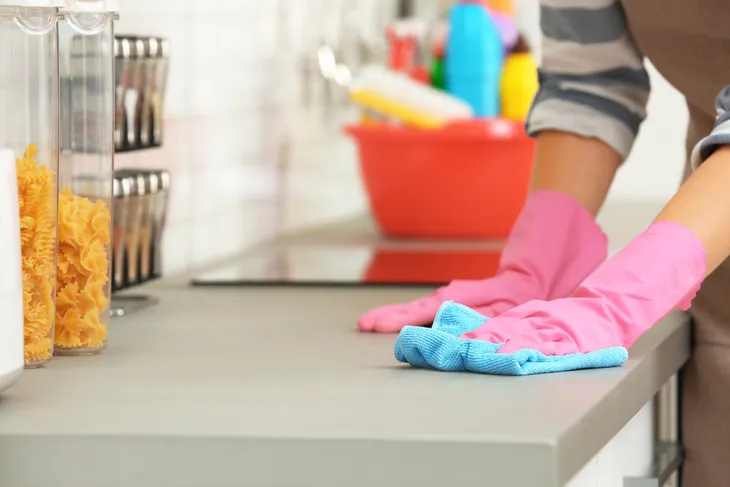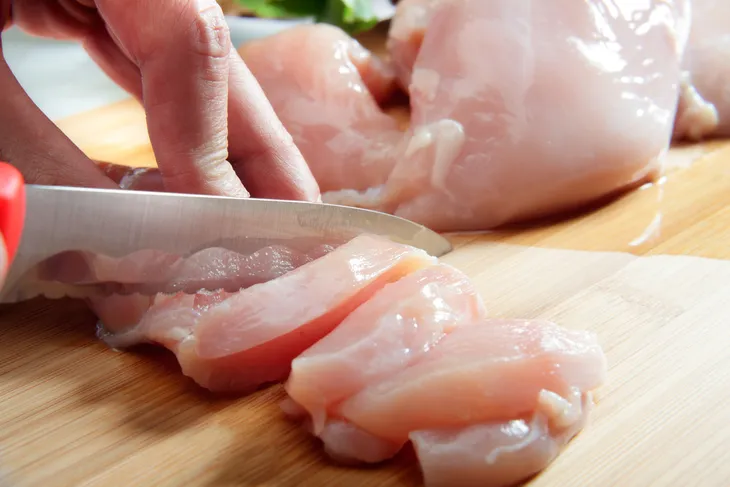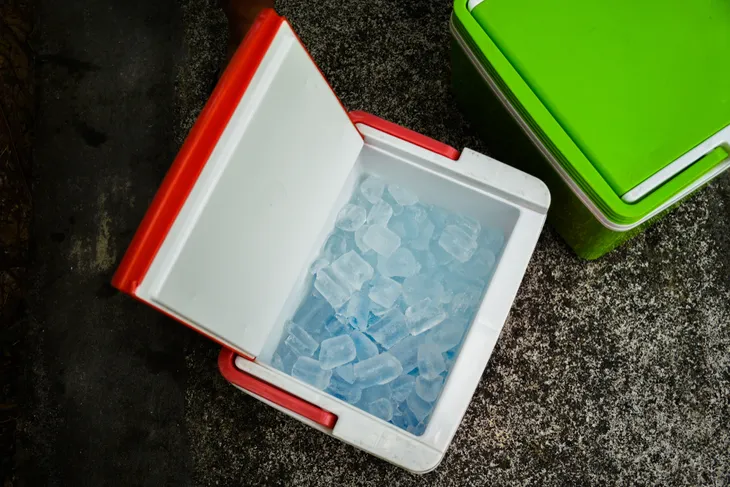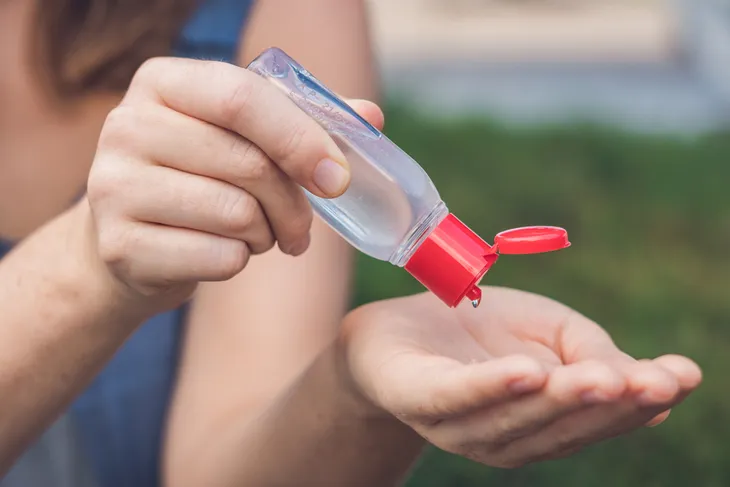Summer barbecues, outdoor potlucks, and storing all of your food in a camping cooler can sure be risky business—especially when warm weather makes conditions ripe for food poisoning.
According to experts at the U.S. Food and Drug Administration’s Center for Food Safety and Applied Nutrition, when temperatures soar, bacteria flourishes. However, you can protect your food and your health, and still enjoy a nice summer meal in the great outdoors by enlisting these eight food safety tips to help prevent food borne illnesses…
Pack Away Uneaten Food
I know that potlucks and outdoor parties have a “graze” policy, which means guests will eat, but uneaten food will be left out for late guests and second helpings later on. However, food that’s left out in warm temperatures for more than an hour (particularly, those over 90-degrees Fahrenheit) are just begging for bacteria to join the party. That means, leftovers should be wrapped, packed, and refrigerated as soon as possible.
Marinate Meat on the Cool
Do you leave your steak or chicken to marinate on the counter? Talk about a major no-no! Leaving foods to marinate in room temperatures (particularly) if the room is warm, is asking for food poisoning. Instead, marinate meats and let them suck up the flavor safely in the refrigerator, keeping them safe and cool until they are ready for grilling.
Don’t Reuse Marinades
Do you use half of your marinade on raw meat and then save some for when you’re grilling? Consider any marinade (that means brushes and cooking utensils too) that has come into contact with raw fish, chicken, poultry, or meat off limits on cooked meat. Re-using marinade as a sauce after it’s contaminated by raw meat is prime for food contamination.
Grill Well Done
I know, I like a medium rare piece of steak too, but tales of food poisoning have taught me to learn to love my meats well done. You can quickly judge the safety of cooked meat by enlisting the aid of a food thermometer. Red meats and fish should reach an internal temperature of 160-Fahrenheit, while poultry should reach 165-Fahrenheit to ensure all bacteria is banished.
Don’t Contaminate Surfaces
If you’ve just used a platter to transfer raw chicken to the barbecue—don’t use the same platter to transfer cooked chicken to guest’s plates…unless you want to leave them with a potentially nasty parting gift. Raw and cooked foods should never touch the same surface without first sanitizing it with hot, soapy water.
Don’t Mix Utensils
The exact same “no mix and match” rule applies to cooking utensils. If you use a fork and knife to cut into uncooked meat—don’t use the same fork and knife to cut into cooked meat. Food bacteria can transfer from uncleaned, shared utensils that have come into contact with raw meats.
Cooler Safety
You don’t necessarily need a refrigerator to safety store cold foods while camping. However, coolers should be packed with ice or ice packs to keep your storage container, and the foods within, at a safe temperature (roughly 40-degrees Fahrenheit). When out for eating, cold foods and salads should be presented safely for guests to eat in containers set atop bowls of ice or cooler packs. Again, cold foods should never be left out in the heat, but stored immediately back in cool temperatures.
Sanitize Hands
Like surfaces and cooking utensils, your own hands can transfer food bacteria if you’re handling a mix of raw and cooked foods. This is why thoroughly washing (or using hand sanitizer when camping) can safeguard food and loved ones from the spread of foodborne germs.
